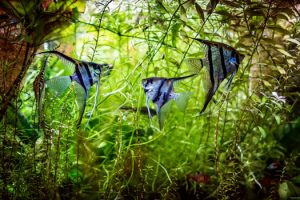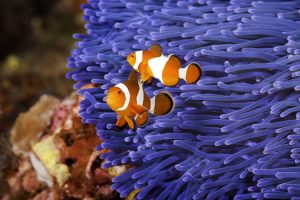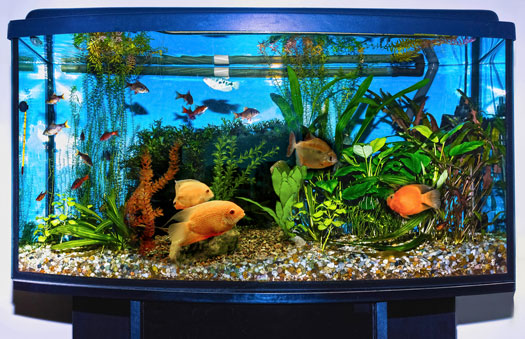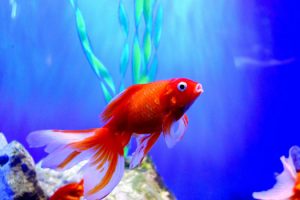- Your shopping cart is empty!
Fish tanks aren’t generally manufactured specifically for freshwater or saltwater species. The only exceptions would be custom acrylic tanks equipped with sumps and compartments that aquarium installers market for reef tanks. However, you should be able to convert a tank previously used as a freshwater habitat into a saltwater ecosystem as long as it can hold at least 30 gallons of water. Fishbowls and other small tanks used to keep a single Betta male, for example, would be out of the question. Here are a few things to consider when it comes to tanks for saltwater environments. Nano Marine Aquariums In the saltwater fish keeping hobby, tanks smaller than 30 …










